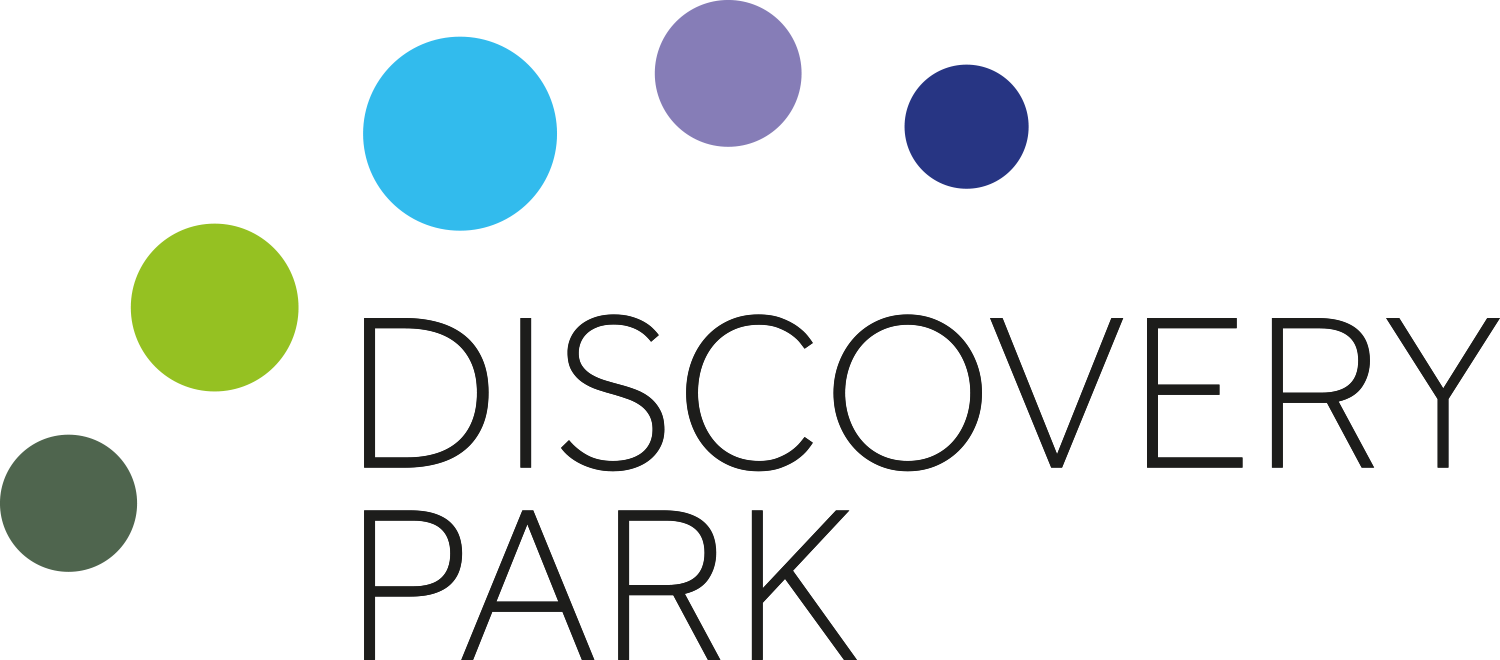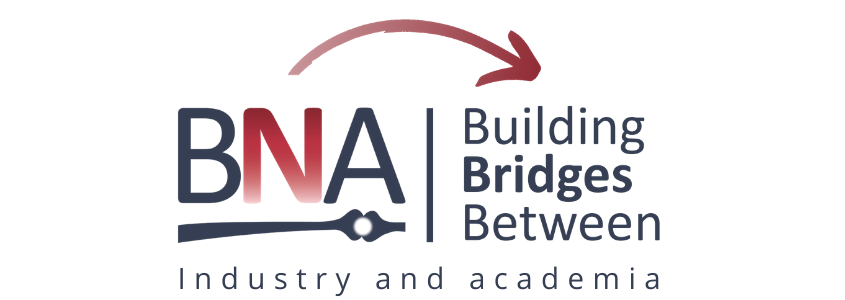WORKSHOP - Building Bridges Between - Impactful hypotheses in translational psychiatric neuroscience: a critical appraisal
A 'Building Bridges Between' Workshop
Co-chaired and hosted by the British Neuroscience Association with The Psychiatry Consortium
Supported by Discovery Park Neuroscience Hub
Impactful hypotheses in translational psychiatric neuroscience: a critical appraisal
Modern drug discovery fundamentally depends on some understanding of the physiology or pathophysiology of the disease, disorder, or condition to be treated. This is to permit a molecular target to be identified and then validated. Next comes an assessment of relevant compounds in a primary pharmacological screen. Those binding with an affinity that meet agreed criteria are considered to be ‘hits’. From this, lead compounds are identified and optimised based on structure-activity relationships derived from pharmacological, physicochemical, toxicological, and metabolic characteristics.
This rational approach to discovering potential new medicines contrasts with the origin of nearly all the drugs used in psychiatry today. This is because they were discovered when very little was known about the biology underlaying conditions associated with abnormal mental health (our understanding is still incomplete). Thus, drugs for schizophrenia, anxiety and depression were identified before it was known that they acted on dopamine D2 receptors, GABAA receptors and the high affinity serotonin transporter, respectively. Hypotheses regarding these conditions were, therefore, formulated after respective compounds had demonstrated clinical utility. Thus emerged the dopamine D2 receptor of schizophrenia, the GABAA receptor hypothesis of anxiety and the serotonin hypothesis of depression.
This workshop will focus on these four impactful hypotheses in translational psychiatric neuroscience. They will be critically assessed in terms of both stimulating neuroscience research and, most importantly, developing new medicines. The symposium will also consider the re-emergence psychedelic drugs, such as psilocybin, ketamine and 3,4-methylenedioxymethamphetamine (‘ecstasy’), as treatments for psychiatric conditions, particularly when used in conjunction with psychotherapy.
The prospect for future medicines research to address the unmet therapeutic needs of people living with mental health conditions will also be considered.
Speakers:
Alan Palmer, Elixa MediScience, UK: (co-chair)
Ekta Patel, The Psychiatry Consortium, UK: (co-chair)
Robin Murray, King's College London, UK: The dopamine hypothesis of schizophrenia
Rachel Gurrell, Noema Pharma, UK: The GABAA receptor hypothesis of anxiety
Phil Cowen, Oxford University, UK: The serotonin hypothesis of depression
David Nutt, Drug Science, UK: The dysregulated brain circuit hypothesis of conditions associated with impaired mental health: the pivotal role for psychedelic drugs



